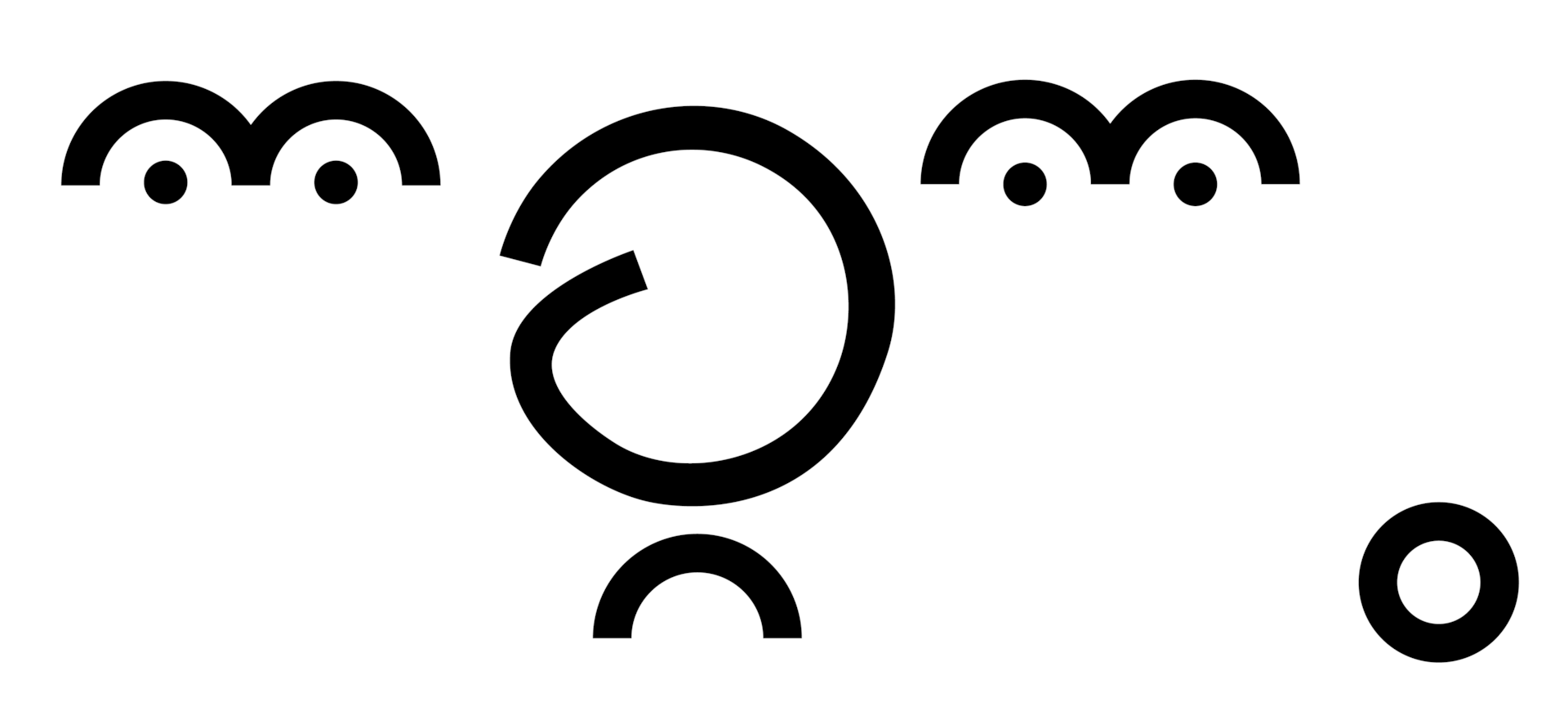Sign Language and Orthography

What would it be like if humanity had developed sign language first and spoken language way later? If language was exclusively in the domain of silent hand-signals for thousands of years before we got around to inventing language-by-sound?
In particular, how would this have impacted writing systems? Would people have made them sooner, guided by a more natural framework of associating physical things (the hands) with concepts instead of non-physical things (spoken sounds)? Or would people have invented writing much later, owing to the difficulty of recording realistic hand signals, which involve relative placement of the hands to the head as well as time-varying components and facial expressions. Would the writing system be linear like our current system designed for transcribing sounds, or would it be more like a hierarchical set of command sequences designed to let the reader imagine the act of signing? The act of reading such a language would be profound and different from the way you or I read, it would be silent and very kinematic! Can you imagine reading without any inner voice, but instead an inner movement?
If humanity started writing with a written form of sign language, then later developed the spoken word, then the alphabet of that spoken language would naturally use the same symbols as the sign language "alphabet". It would only make sense to reuse them! A sentence might be taken to be spoken or signed depending on context. Would sign-based writing impact the relative invention of TV vs radio, etc? Would proper spelling be aided by what "feels right" when the spelling is translated into hand motions? Perhaps there would be a cross-modal spelling system? You could make spelling mistakes in two separate dimensions, some symbols might sound fine but not "compile" as proper signs. And the symbols that encode some obscure signs might be extremely awkward to pronounce. Over time the spoken and sign language might "wear away at each other", with some signs going out of favor because they "sound weird" and some spoken words gaining strange spellings because the hand movements feel nicer. These systems of language would together have a more confusing and inexplicable orthography than even English itself!
After many generations, some groups of people might forget the original sign language entirely and operate more exclusively through spoken language. If they did, then a person might grow up speaking a language with an alphabet like you or I, then much later in life learn that every word in their language encodes a hand motion and be very surprised!
Note 1: I think this whole example is a great way to explain to someone just how hard it was to invent language. It can be hard to really get into the mindset of never having seen writing in your life, because writing is so pervasive that it seems sort of obvious that you can encode sounds as written symbols. But how do you write down hand signs? Doesn't seem immediately obvious to me!
Note 2: There's a project called ASLWrite that is trying to make a written form of sign language. That's where the image above came from. It means "yes?".